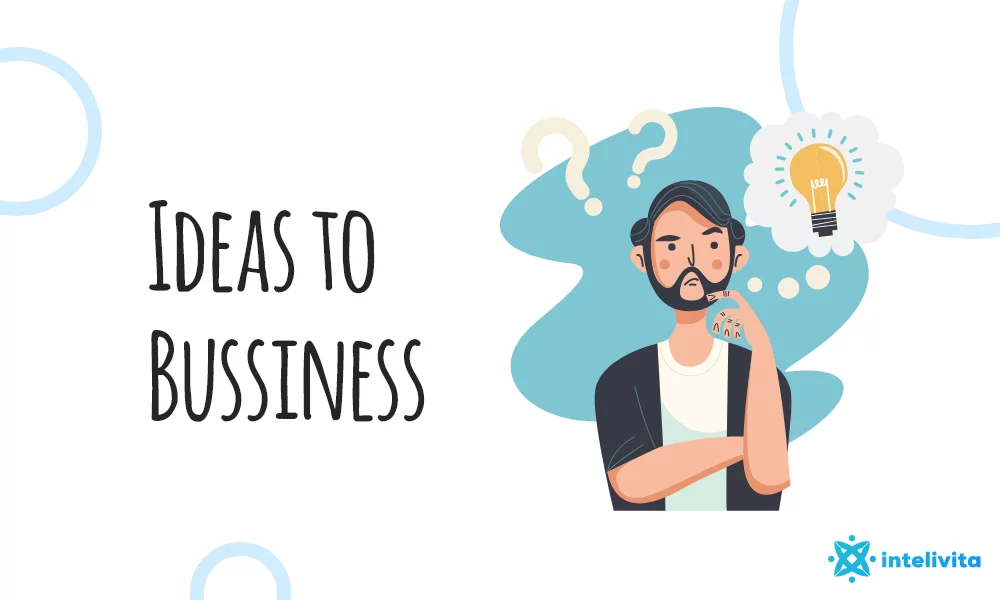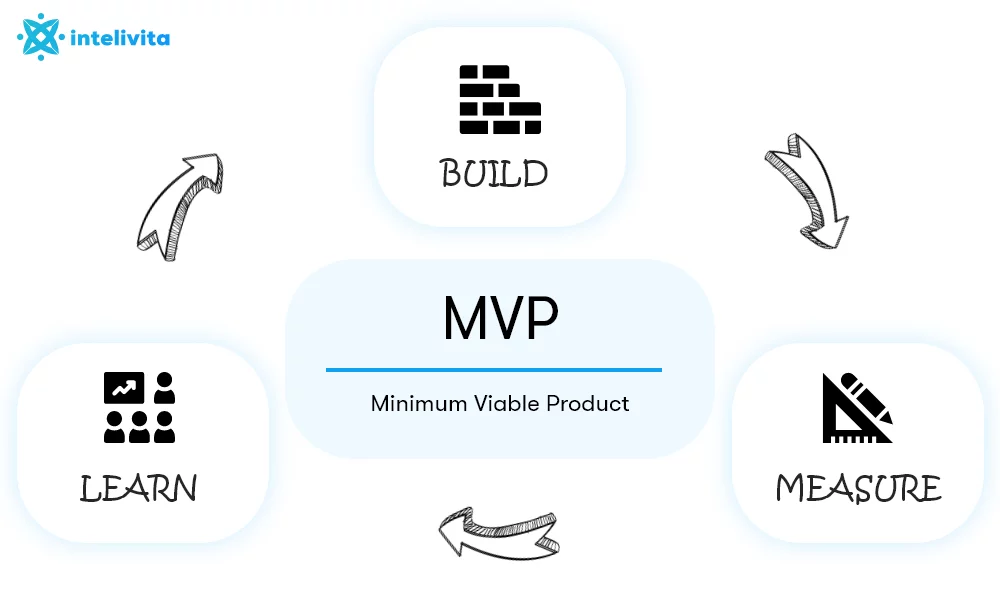Have you ever thought deeply about the word ‘startup’?
When I say deeply, I am referring to introspection as to why the word has been structured as ‘start+up’?
Why is it used to convey new businesses with radical ideas?
Why it is directed upwards instead of any other direction?
Eric Ries, the person who gifted the world with the concept of MVP (Minimum Viable Product) seems to have thought deeply and hard about it.
In fact, he even came up with a definition for the term startup that is by far the best one I have ever read.
It goes like this:
“A startup is a human institution designed to deliver a new product or service under conditions of extreme uncertainty”
If you read the definition couple of times you will notice that the last two sections speak a lot about what a startup is trying to do and under what conditions it is trying to do.
At the onset, a startup is delivering a new product or service. It is not rebottling old to win a new bottle.
That is what ordinary businesses and tradesmen best do. A startup solves problems by inventing a new way of doing something, inventing a scientific breakthrough, or by creating a new solution for an existing challenge,
Secondly, they are trying to do it “under conditions of extreme uncertainty.”
The fun part of launching a startup is that nothing is certain. Most often, the product is born out of a novel idea.
The market study can provide only so much information about the ideal user persona. The market conditions for the ideal launch may not exist at all.
Despite all the odds, a startup is launched. The founders get together to ‘start’ something and to launch it on a growth trajectory that traverses ‘upwards.’ Perhaps, that is why the term startup makes so much sense.
Now, there is one statistic that is famous in all startup circles. Nine out of 10 startups fail. Apart from the common reason of lack of funds, most startups fail because they have not tested and validated their ideas in a real-life setup.
Most probably, they may not have tested their idea with an MVP.
What is an MVP and how does it help entrepreneurs?
MVP stands for Minimum Viable Product. It is a working model of the idea that helps entrepreneurs to collect maximum learning about customers with minimal effort.
In other words, it is a dry run of the idea that helps test the waters and measure market feasibility.
In the due process, it also helps understand more about customers, their wants, and their pain areas by exerting minimal effort.
In a way, an MVP helps entrepreneurs to gain some amount of certainty that their idea is a feasible one before heading to the uncertain market.
1. Make big mistakes with minimal impact
An idea can change the world. Like the Internet. The iPhone. The Hyperloop. And many others.
But, these ideas did not take form as market-ready products in the first shot. They underwent several rounds of improvisations and refinements before a market fit was achieved.
MVP helps entrepreneurs create a working model of their idea and see what is right with it and what is wrong with it.
It helps spot big mistakes early on and prevent them from snowballing into bigger mishaps that can cost money, labor and maybe irk investors as well.
2. Gain feedback before scaling up
No business has ever understood its customers completely. There is always some amount of enigma to their wants and desires.
If a startup has an idea that is highly inclined towards desires and does not serve the wants, the level of success may not be as expected.
Hence, the need to gain feedback before scaling up your startup. MVP development helps to collect feedback as to what is working right, what needs to improve and what needs to be removed can help to create a near-perfect product that has a higher chance of success.
3. Leverage the power of batches
MVP helps create multiple iterations of the same product.
It gives entrepreneurs multiple opportunities for incremental improvements.
In a way, the final product may be far off from what the initial idea was. Nevertheless, MVP ensures that the end result is one that can be produced at scale and in batches.
Now, the benefits of batch production are plenty. First, you can forecast with certainty the number of resources required to produce the desired output.
Second, if one batch of output fails to meet market expectations, the MVP can be improved to create a better batch.
4. Apply lessons from validated learning
Entrepreneurs, as ambitious individuals often lose sight of the market and the customers that they are targeting.
Validated learning in MVP development helps prevent that. Validated learning helps compare the idea of a product with the effect that it has on customers.
It is a way of validating whether the product has the intended effect on the customer.
If yes, the MVP can be scaled into a full-fledged product that can be launched in the market.
On the other hand, further refinements may have to be carried out.
Insights from the validated learning will guide entrepreneurs in making better products that can win the market.
Closing In
Building an entrepreneurship empire from the ground up does not happen overnight.
In fact, most entrepreneurial ventures do not even end up as success stories. They extinguish even before gaining momentum.
Why? Because they get so many factors wrong. The market is an uncertain thing.
It is never possible to predict it. And so are customer behavior and expectations.
An MVP helps entrepreneurs get closer to understanding what customers want with minimal spending of resources.
In other words, the only way to win is to learn faster than anyone else. MVP development facilitates that.
It gives an opportunity to make big mistakes without much impact, gain insights from validated learning and leverage the power of batches to accelerate growth.
Have you validated your startup idea with an MVP?
What is your take on MVP development?






